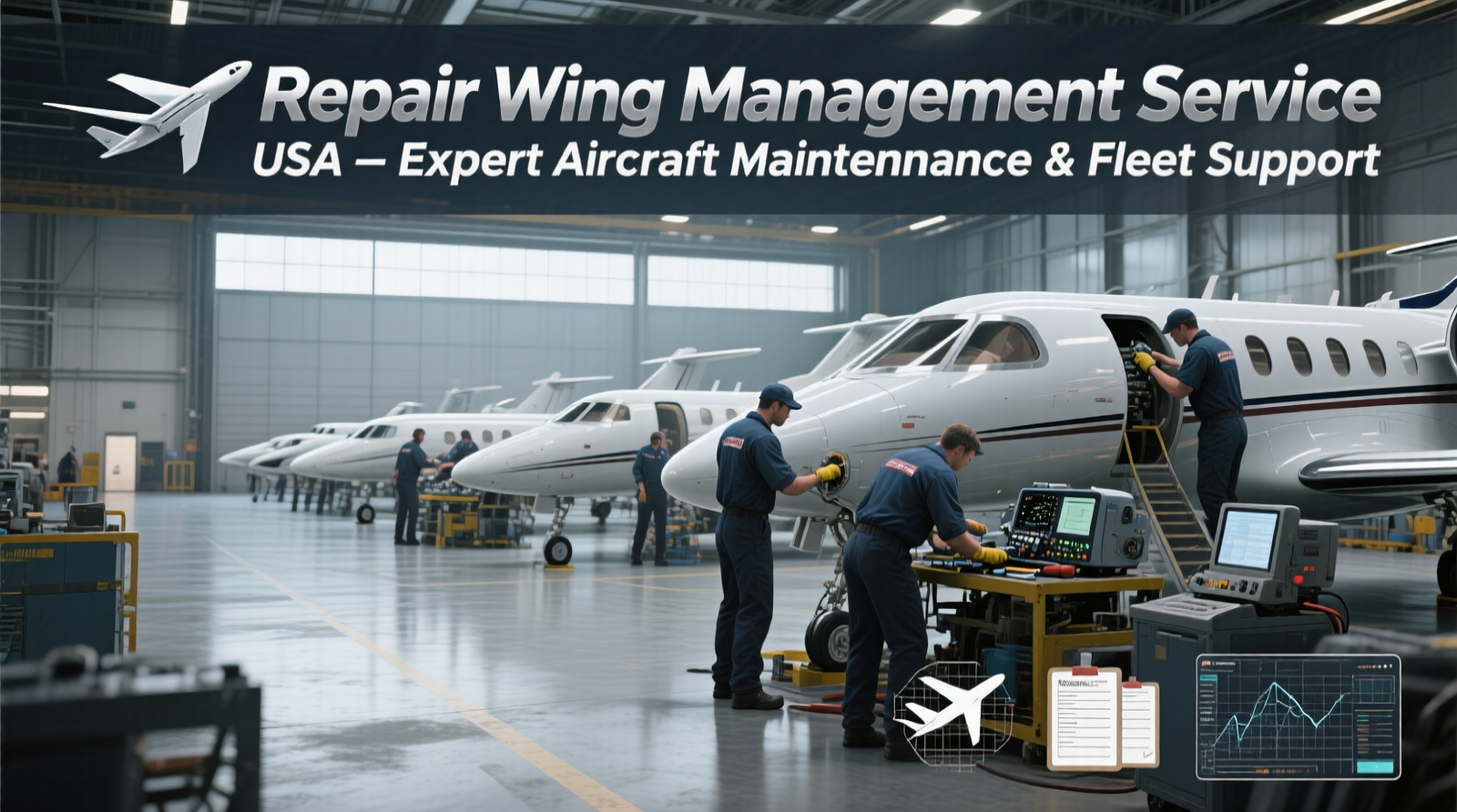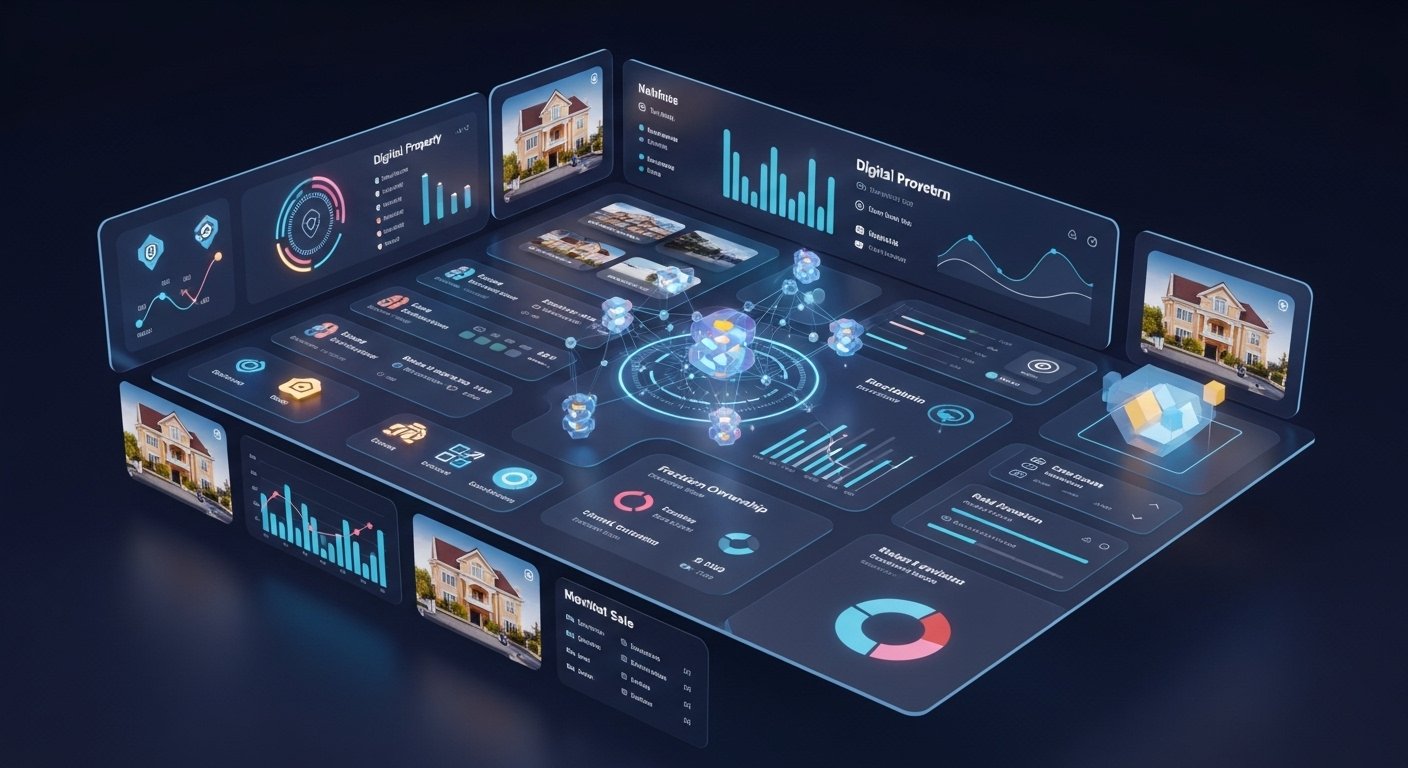The landscape of technology is evolving at an unprecedented pace, and artificial intelligence stands at the forefront of this digital revolution. Businesses across industries are recognizing that AI integration is no longer optional—it’s essential for survival and growth in an increasingly competitive marketplace. Finding the right top AI development company to partner with can mean the difference between leading your industry and falling behind the curve.
The Rising Demand for AI Development Services
As we navigate through 2025, organizations worldwide are investing heavily in AI solutions to streamline operations, enhance customer experiences, and unlock new revenue streams. From predictive analytics and natural language processing to computer vision and autonomous systems, AI technologies are reshaping how businesses operate and compete.
The challenge many companies face isn’t whether to adopt AI, but how to implement it effectively. This is where partnering with a top AI development company becomes crucial. These specialized firms bring not only technical expertise but also strategic insight into how AI can be leveraged to solve specific business challenges and create tangible value.
What Defines a Top AI Development Company?
Not all AI development firms are created equal. The best companies in this space share several distinguishing characteristics that set them apart from the competition.
Technical Excellence and Innovation
A truly exceptional AI development partner maintains deep expertise across multiple AI domains, including machine learning, deep learning, neural networks, and generative AI. They stay current with the latest research, tools, and frameworks, ensuring their clients benefit from cutting-edge solutions rather than outdated approaches.
Industry-Specific Experience
The most effective AI implementations are those tailored to specific industry contexts. Whether it’s healthcare, finance, retail, manufacturing, or logistics, a top AI development company understands the unique challenges, regulatory requirements, and opportunities within each sector. This domain knowledge enables them to design solutions that address real-world problems rather than theoretical possibilities.
End-to-End Capabilities
AI projects require more than just algorithmic development. They demand comprehensive services spanning strategy consulting, data engineering, model development, deployment, integration, and ongoing optimization. Leading firms offer this full spectrum of capabilities, ensuring seamless execution from concept to production.
Proven Track Record
Results speak louder than promises. The best AI development companies can demonstrate successful implementations with measurable business outcomes—improved efficiency, cost reduction, revenue growth, or enhanced customer satisfaction. Case studies and client testimonials provide valuable insights into a firm’s ability to deliver results.
Key AI Services Driving Business Transformation
Modern AI development encompasses a wide range of services designed to address diverse business needs. Understanding these offerings helps organizations identify the right solutions for their specific challenges.
Custom AI Model Development
Every business has unique requirements that off-the-shelf solutions cannot fully address. Custom AI model development involves creating bespoke algorithms trained on specific datasets to solve particular problems. This might include predictive maintenance models for manufacturing equipment, fraud detection systems for financial institutions, or recommendation engines for e-commerce platforms.
Natural Language Processing Solutions
NLP technologies enable computers to understand, interpret, and generate human language. Applications range from chatbots and virtual assistants to sentiment analysis tools and automated document processing systems. These solutions enhance customer service, streamline operations, and extract valuable insights from unstructured text data.
Computer Vision Applications
Computer vision empowers machines to interpret and analyze visual information from the world. Use cases include quality control in manufacturing, medical image analysis, autonomous vehicles, facial recognition systems, and augmented reality experiences. These applications are transforming industries by automating visual inspection tasks and enabling new capabilities previously impossible.
Predictive Analytics and Forecasting
AI-powered predictive analytics help organizations anticipate future trends, customer behaviors, and operational challenges. By analyzing historical data and identifying patterns, these systems enable proactive decision-making in areas such as demand forecasting, risk assessment, and resource allocation.
The AI Development Process: From Concept to Deployment
Understanding how leading AI development companies approach projects provides insight into what makes them successful and how they deliver value to clients.
Discovery and Strategy
The process begins with thorough discovery sessions to understand the client’s business objectives, challenges, and existing infrastructure. A top AI development company doesn’t jump straight into coding—they first ensure alignment between technical solutions and business goals. This phase involves stakeholder interviews, data assessment, and feasibility analysis.
Data Preparation and Engineering
Quality data is the foundation of effective AI systems. Development teams work to collect, clean, and prepare datasets that will train the models. This often involves addressing data quality issues, handling missing values, and engineering relevant features that improve model performance.
Model Development and Training
With prepared data, data scientists develop and train AI models using appropriate algorithms and techniques. This iterative process involves experimenting with different approaches, tuning hyperparameters, and validating model performance against key metrics.
Testing and Validation
Rigorous testing ensures models perform accurately and reliably in real-world conditions. This includes evaluating model bias, testing edge cases, and conducting user acceptance testing. Quality assurance at this stage prevents costly issues after deployment.
Deployment and Integration
Moving models from development environments to production systems requires careful planning and execution. Top firms ensure seamless integration with existing business systems, maintain security and compliance standards, and establish monitoring mechanisms to track performance.
Continuous Optimization
AI systems require ongoing maintenance and improvement. Leading development companies provide post-deployment support, monitoring model performance, retraining models with new data, and making adjustments as business needs evolve.
Selecting the Right AI Development Partner
Choosing a development partner is one of the most important decisions an organization will make in its AI journey. Several factors should guide this selection process.
Evaluate Technical Credentials
Examine the team’s qualifications, certifications, and expertise with relevant technologies and frameworks. Look for experience with modern AI platforms, cloud infrastructure, and industry-standard tools.
Assess Communication and Collaboration
Successful AI projects require close collaboration between development teams and business stakeholders. Choose a partner that demonstrates clear communication, transparency, and a collaborative approach to problem-solving.
Review Portfolio and Case Studies
Examine past projects to understand the types of solutions the company has delivered and the results achieved. Look for projects similar to your needs and evidence of successful outcomes.
Consider Scalability and Support
Ensure your chosen partner can scale solutions as your needs grow and provide ongoing support to maintain and optimize AI systems over time.
The Future of AI Development
As we look ahead, AI technology continues to advance rapidly, opening new possibilities for business innovation. Emerging trends like generative AI, multimodal learning, and edge AI are creating opportunities for organizations willing to embrace these technologies.
Partnering with a top AI development company positions businesses to capitalize on these advances and maintain competitive advantage in an AI-driven future. The right development partner doesn’t just deliver technology—they become a strategic advisor, helping organizations navigate the complex AI landscape and identify opportunities for innovation and growth.
Conclusion
In an era where artificial intelligence is reshaping industries and redefining competitive dynamics, selecting the right development partner is critical. A top AI development company brings more than technical expertise—they offer strategic vision, industry knowledge, and a proven methodology for delivering transformative solutions.
Whether you’re looking to automate processes, enhance customer experiences, or unlock insights from data, the right AI partner can accelerate your journey and ensure successful outcomes. By understanding what defines excellence in AI development and carefully evaluating potential partners, organizations can forge relationships that drive innovation and create lasting competitive advantage in the digital age.



